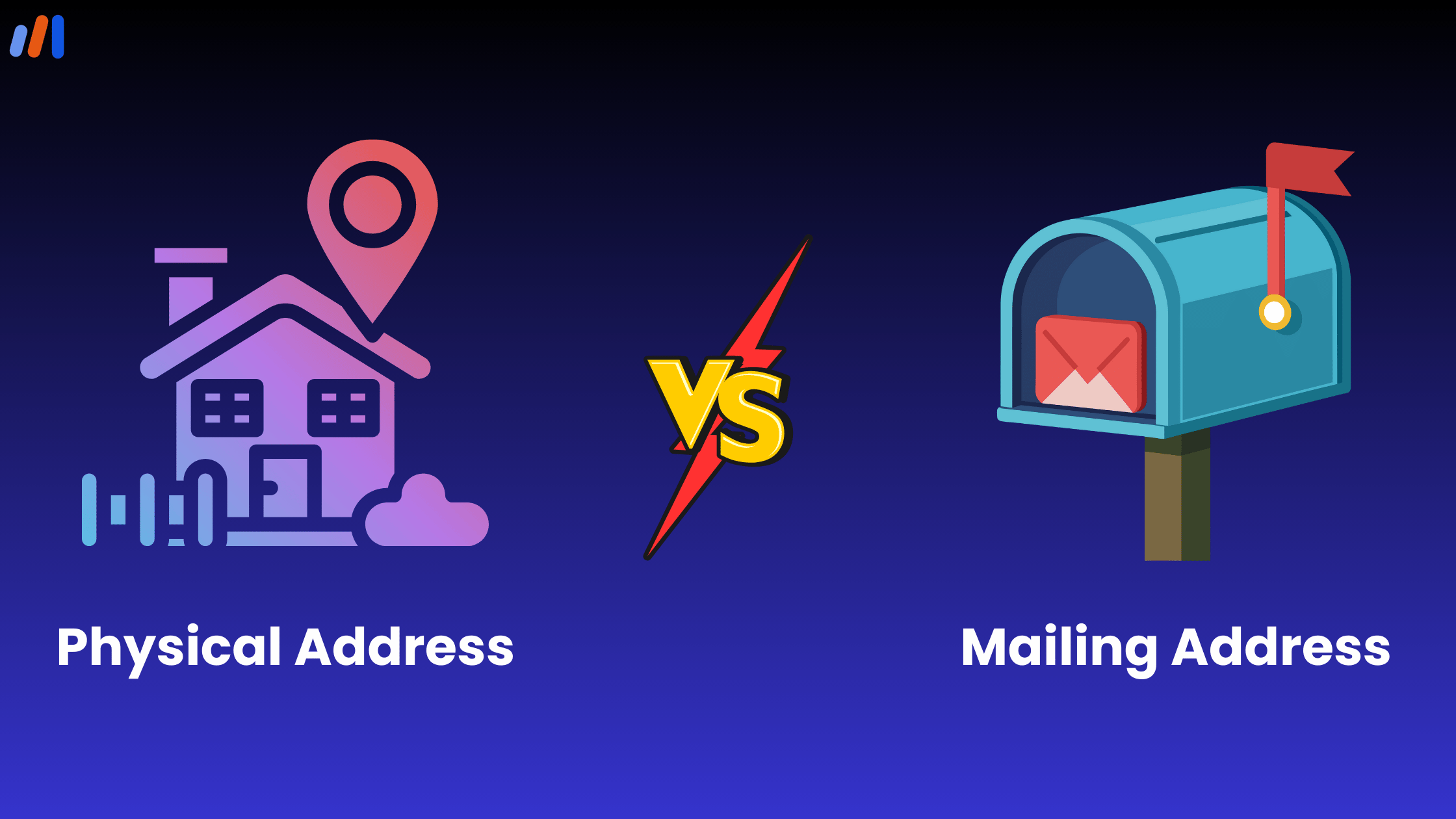Yes, it is possible to have several businesses under one LLC, and for entrepreneurs who need to cut down on the number of management frameworks and the associated costs it is probably a worthwhile avenue to explore.
There is, however, the need for a very systematic approach to planning and organizing to meet legal, financial, and operational requirements.
The article will explore the various methods and ascertain the benefits and risks of running several businesses using the same Limited Liability Company including the best practices and the potential situations where more than one entity should be formed.
How to Operate Multiple Businesses Under One LLC
There are diverse ways of operating multiple businesses under one LLC. Some of the most common approaches are listed below:
1. Business Certificate with DBA (Doing Business As)
- A DBA, also called a fictitious business name or trade name allows your LLC to exist and operate under several names.
- Using this example, if “Smith Enterprises LLC” was the registered name of your LLC, you could have DBAs for “Smith Consulting”, “Smith E-commerce” and “Smith Marketing”.
- Thus each of them can be used as a marketing tool for a brand yet directing all the activities strategically to the single LLC.
- The registration for these names typically doesn’t cost a lot although some registries may be required at state or local registrars.
2. Acting as Separate Units or Brands
- In case your businesses are interrelated or if they do not need to be distinctly branded, such businesses can be operated as divisions or brands within the LLC.
- For example, “Green Ventures LLC” can have divisions for providing landscaping services, selling gardening supplies, and offering outdoor design consultation.
- Such divisions are much less formal than DBAs, but it is also important to keep proper records of revenues expenses, and assets for each division.
3. Forming Subsidiaries Owned By the LLC
- Your limited liability company (LLC) can also have ownership and control of other limited liability companies or corporations.
- Each subsidiary maintains its own identity as a legal entity having its liability shield which minimizes the chances of one business adversely affecting others.
- This structure is ideal for businesses that are in different niches or have different risks involved.
4. Leveraging Contracts for Clear Roles
- Provide the purpose, operations, management, and scope of each business in the internal documents of the LLC.
- For instance, if different partners participate in each of the businesses, contracts detailing profit distribution, decision-making, and operational functions can be used.
Benefits of Running Multiple Businesses Under One LLC
The combination of several businesses into one LLC has the following benefits:
1. Cost Effectiveness
- Creating and operating one LLC is less expensive than setting up several different businesses.
- In this scenario, there will be no payments for state filing fees, registered agents, annual report copies, administrative processes, or anything else.
2. Easy Management
- Because the majority of the businesses are conducted under one LLC, management procedures are streamlined -taxes, bookkeeping obligations, transactions, and even compliance are cut into a fraction, courtesy of incorporation.
- No requirements exist for filing multi-business profit reporting because only one tax return consistent with sole proprietorship or partnership/business income is submitted.
3. Flexible Growth Opportunities
- To avoid the hassle of creating a new entity, there are several lines of businesses that can be tried under the existing LLC structure.
- If at the end of the day, one of the businesses does seem to do well, it can be made an LLC later on for purposes of branding or liability issues.
4. Unified Liability Protection
- One of the most attractive features of an LLC structure is the fact that none of the businesses are individually liable, meaning no legal action or debts arising from any of the businesses will ever put personal assets at risk, and the LLC veil will fully protect all activities of the business.
Risks and Challenges of Running Multiple Businesses Under One LLC
It is a simple setup, there are, however, disadvantages that must be kept in mind. Let’s look at those disadvantages individually.
1. Shared Liability
- The decision to run two or more businesses under the same LLC structure has the primary disadvantage of subjecting all the businesses to the same liability shield.
- When one business is being sued, going bankrupt or debt is being collected due to the business, all the other businesses’ assets can also be under threat.
2. Branding and Reputation Issues
- Where the businesses are unrelated, creating and managing several brand names within one LLC can be difficult.
- If one business unit that operates under a holding company is facing bad press, the same press can apply to the other units that are under the holding company.
3. Complex Tax and Financial Management
- All expenses and revenues are funneled through one unit with the result being that the accountants have to be very careful in distinguishing the financial statements of all units.
- A lack of clear separation could lead to tax issues or disputes among partners or stakeholders.
4. Compliance Requirements
- In case an LLC is running multiple businesses across states or industries, each business may require a different license/permit.
- Make sure that you adhere to all state-level rules so that there are no fines or penalties.
Best Practices for Managing Multiple Businesses Under One LLC
To benefit and protect yourself from the disadvantages of one LLC owning multiple businesses, review the following best practices:
1. Separate Finances
- Each business be registered with its account.
- It is also vital to set up different books for each business so that the revenues, expenditures, and debts are well catered to independently.
2. Invest in Robust Accounting Software
- One may also consider utilizing accounting packages that track multiple businesses under one company.
- Packages like QuickBooks or Xero can help in at least managing a fair thumb of the businesses.
3. Clearly Define Business Roles
- If the members of the business are not the same or if the businesses have different managers, then such members should draft a contract that clearly states their roles and how proceeds will be shared.
- This prevents disagreements and smoothens the day-to-day activities.
4. Assess Liability Risks Regularly
- Regularly, consider revisiting the type of exposure each business may bring.
- Hypothetically, if one business is too risky; it would be ideal to incorporate a completely new LLC to shield the exposure.
5. Consult Professionals
- Understand your best-offered opportunities and restrictions when formulating the LLC by interacting with experts and financial officers.
- The operating agreement that governs the manner or the procedures of your LLC also needs to be revised so that it reflects the operational level of the business.
When to Consider Forming Separate LLCs
There are situations when it is preferable to set up distinct LLCs for each business. Here are some cases in which this approach would be applicable:
Different Industries:
- When your businesses are in completely different industries, it is useful to have separate LLCs to minimize liability and make compliance easier.
High-Risk Ventures:
- A different type of LLC may be necessary for high-risk businesses that may be sued, such as construction or healthcare businesses, to shield other businesses from lawsuits.
Future Sale or Transfer:
- Should you sell one company but keep others, then different LLCs will make it easier to administer such cases.
Tax Efficiency:
- Each of the business programs may attract a different tax treatment. More than one LLC allows you to adopt the most favorable tax treatment for every business.
Conclusion
Managing many businesses under one LLC structure may be an efficient and inexpensive approach to handle various businesses It decreases the administrative burden, lowers the cost of starting the business, and helps with non-standard growth.
That notwithstanding, there are risks inherent to it, especially in terms of liability and consistent brand image. If you want to capitalize on this approach, make sure of good handling of finances, keep clean records, and consult experts.
If there is a need for separation due to liability issues or even operational complexities, feel free to form additional LLCs that will enhance protection and bring efficiency to management.
Book a free consultation today with Easyfiling to form your second LLC.
File Your LLC Today
25$ off with a coupon
Lock in EasyFiling's transparent rates and get lifetime compliance support at no extra cost.
Get Started Now









